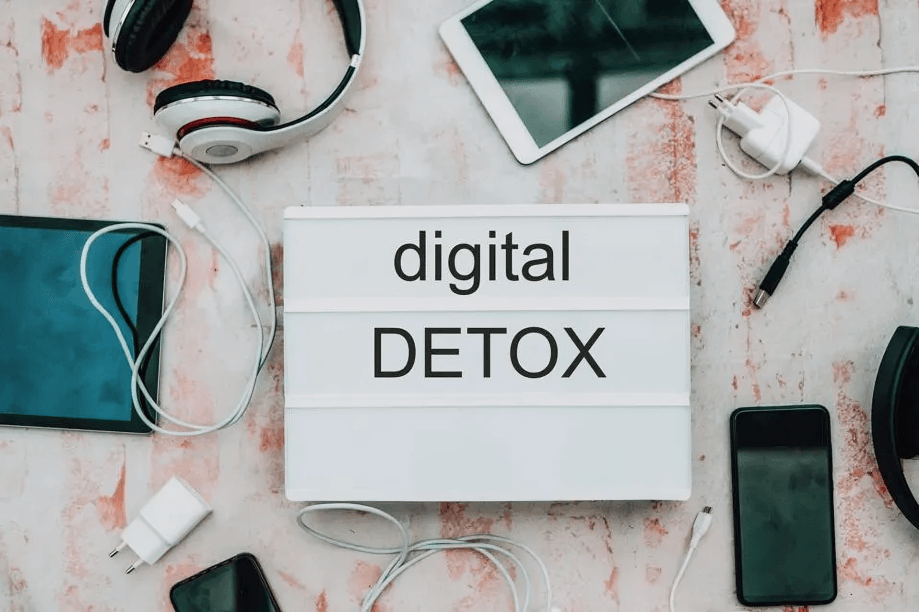
“
Maintaining healthy work-life balance tips is essential in today's fast-paced world. Balancing professional responsibilities with personal well-being leads to increased productivity, reduced stress, and greater life satisfaction. Whether you're working remotely, in an office, or managing multiple roles, understanding these healthy work-life balance tips can greatly enhance both your career and your personal life.1
1
”
Setting clear boundaries between work and home life ensures you can disconnect mentally after office hours, which significantly boosts your emotional well-being and reduces long-term stress and burnout risks. 1
Time management is a cornerstone of a balanced life; scheduling tasks efficiently allows you to prioritize essential duties and carve out meaningful periods for family, self-care, and relaxation daily. 2
Taking regular short breaks during work hours refreshes your brain, improves creativity, increases focus, and prevents overwhelming fatigue, leading to improved performance and a healthier emotional state overall. 3

Learning to say "no" is critical; politely declining additional commitments when your plate is full preserves your energy, protects your mental health, and prevents you from feeling overstretched and exhausted.
Physical exercise improves not just fitness but also mental resilience; allocating time for regular movement energizes you, sharpens your focus, and boosts both personal and professional productivity significantly. 4
Designating specific “no work” hours every day—like dinner time or late evenings—ensures your mind gets enough downtime to recharge, strengthening both your health and personal relationships deeply. 5
Delegating tasks appropriately, whether at home or at work, prevents burnout, empowers others to grow, and frees up valuable time that you can reinvest into personal passions and needed self-care. 6
Practicing mindfulness, even for just a few minutes a day, calms anxiety, enhances concentration, and makes you more present in both your professional tasks and meaningful personal moments. 7

Unplugging from digital devices during evenings and weekends allows your brain to recover from constant notifications, improving your overall mood, sleep quality, and interpersonal connections significantly.
Pursuing hobbies unrelated to work adds joy and richness to life, promotes creativity, and serves as an effective buffer against occupational burnout by offering refreshing mental escapes.8
Taking full advantage of your allotted vacation days without guilt restores energy, improves perspective, and allows you to return to work rejuvenated, leading to enhanced performance and motivation afterward. 9

Fostering supportive relationships with friends, family, and colleagues helps you share burdens, celebrate successes, and build resilience, all of which are crucial for maintaining emotional health.
Working smarter instead of longer—such as using productivity techniques like batching tasks—helps complete responsibilities efficiently, leaving more room for personal time and emotional replenishment. 10
Creating a dedicated, organized workspace at home or in the office improves focus, reduces stress, and creates psychological separation between your work responsibilities and personal living environment. 11
Seeking professional development during work hours rather than encroaching on personal time ensures continuous career growth without sacrificing the much-needed boundaries that protect your work-life balance. 12
Scheduling regular health checkups and actively managing physical wellness promote better energy levels and cognitive function, making it easier to sustain both work performance and family engagement. 13

Recognizing signs of burnout early—such as irritability, fatigue, or lack of motivation—allows you to make timely adjustments to your work habits before serious health consequences develop.
Establishing morning and evening routines supports emotional stability, improves time management, and creates clear rituals that naturally separate professional responsibilities from life and restorative leisure. 14
Allocating specific “family time” or “me-time” slots on your calendar, just like work meetings, treats personal priorities as non-negotiable essentials rather than optional extras easily sacrificed under pressure. 15
Reflecting weekly on what went well and what can improve in your schedule helps fine-tune your work-life balance strategy, keeping it responsive, realistic, and customized to evolving needs. 16


